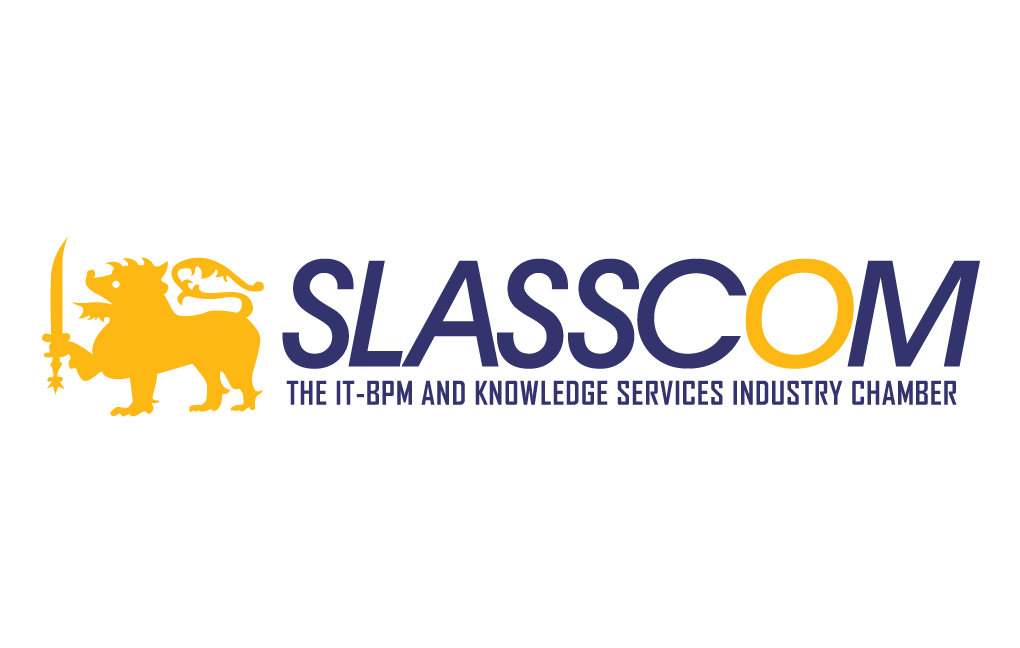Sri Lanka, a nation poised at the cusp of digital transformation, has taken a monumental step forward with the introduction of its National Digital Economy Strategy. Crafted through a collaborative effort between government bodies, academia, industry stakeholders, and supported by the World Bank, this strategic blueprint stands as a testament to Sri Lanka’s commitment to leveraging digital technologies for inclusive growth and societal advancement.
At its core, the strategy prioritizes key areas such as digital identification (ID) systems and the promotion of digital payments. These focal points are crucial in streamlining governance processes, enhancing service delivery, and promoting financial inclusion across the nation.
The establishment of a robust digital ID infrastructure is envisioned to revolutionize administrative procedures, ensuring seamless access to government services for all citizens. By providing a secure and reliable means of identification, this system will empower individuals while strengthening the efficiency and integrity of government operations.
Similarly, the emphasis on digital payments underscores Sri Lanka’s ambition to foster financial inclusion and accelerate the transition towards a cashless economy. By embracing digital payment solutions, the government aims to enhance efficiency, reduce transactional costs, and formalize economic transactions, thereby stimulating economic growth.
Moreover, the strategy encompasses a holistic approach towards nurturing digital literacy, fostering innovation, and cultivating a vibrant ecosystem for entrepreneurship. Through collaborative efforts with academia, industry partners, and international organizations, Sri Lanka aims to position itself as a hub for digital innovation and talent.
The inclusive nature of this initiative exemplifies the collective commitment of all stakeholders towards driving sustainable development and prosperity. The active involvement of diverse stakeholders underscores the importance of multi-stakeholder collaboration in addressing complex societal challenges and driving meaningful change.
As the strategy document is opened for public and stakeholder review, it presents a unique opportunity for collective engagement and input. The valuable insights and feedback gathered will enrich the strategy, ensuring its alignment with the evolving needs and aspirations of the Sri Lankan populace.
SLASSCOM, as a key advocate for the digital economy in Sri Lanka, looks forward to the successful implementation of the National Digital Economy Strategy. With its emphasis on innovation, collaboration, and inclusivity, SLASSCOM believes that this strategic blueprint has the potential to unlock new opportunities and drive sustainable growth for Sri Lanka’s digital future.




